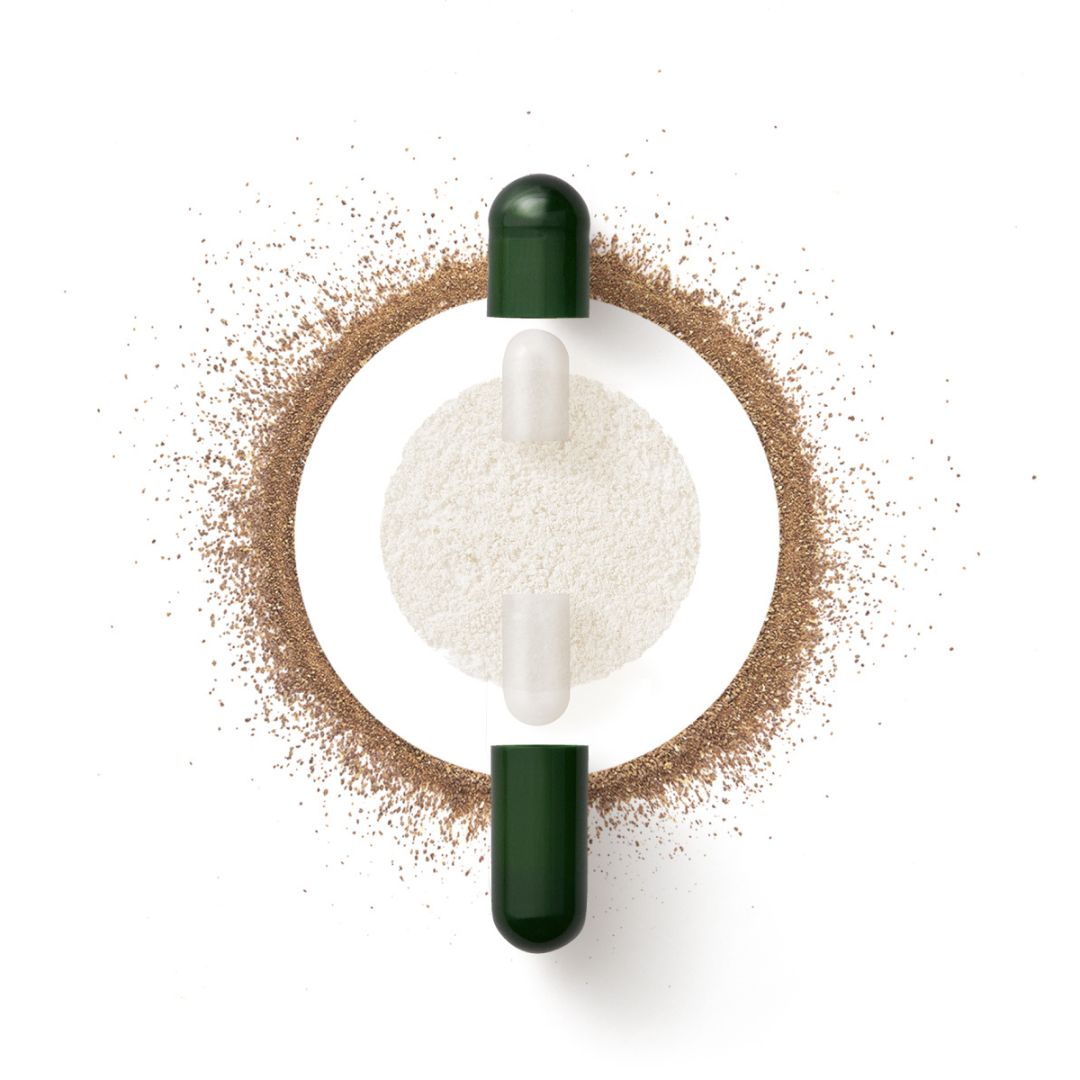
Gut Health 101: Understanding The Basics During Pregnancy

Understanding Gut Health
Seed's DS-01® Daily Synbiotic for Expectant Moms


Key Benefits of Seed's DS-01® Daily Synbiotic
NEW WORKOUTS EVERY WEEK
Try The Sculpt Society Free For 7-Days
Get access to 1,000+ workout videos, anytime, anywhere on all your favorite devices.

Continue Reading









